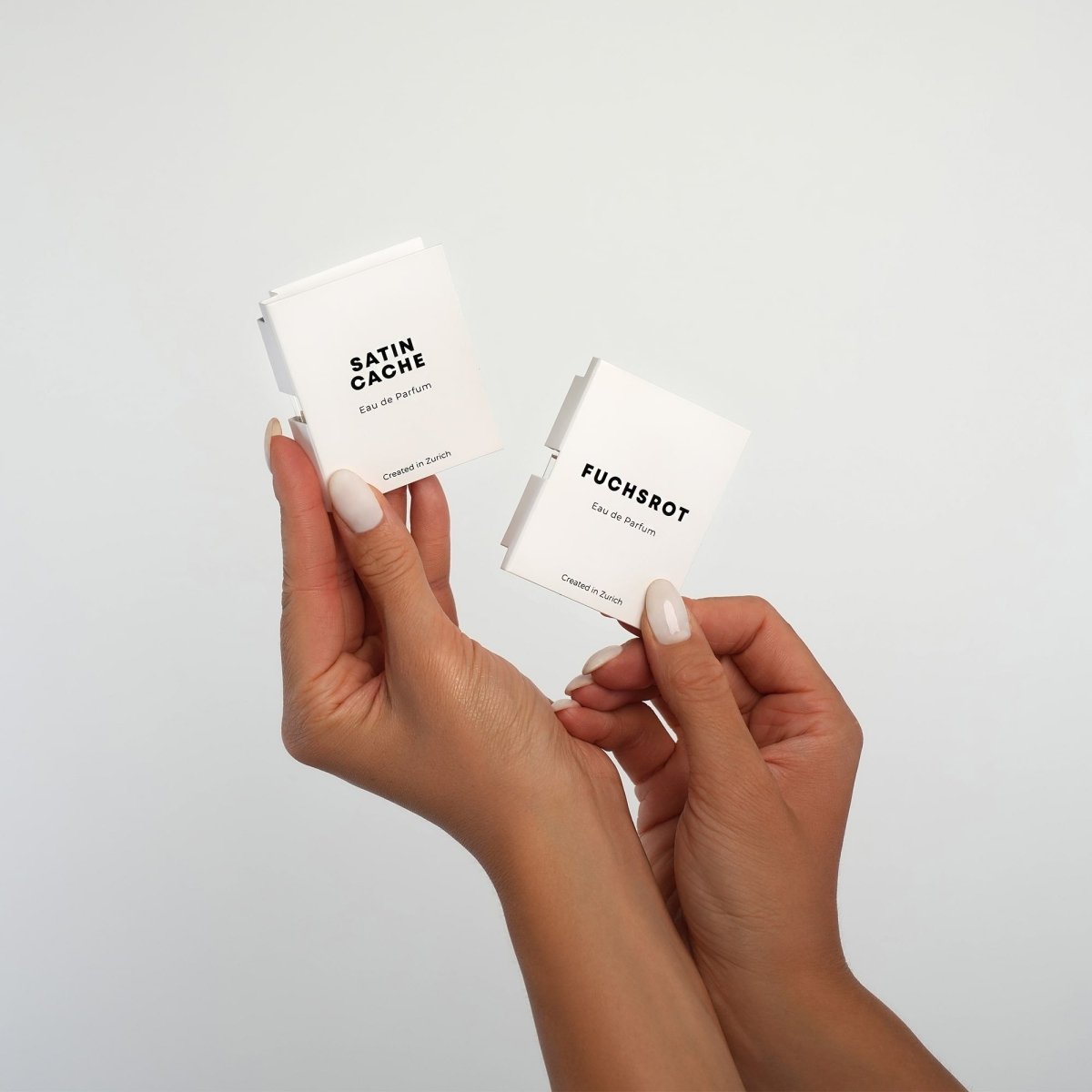A perfume is far more than an accessory. It is an invisible key to our memories and emotions. Our sense of smell is the oldest of all senses and directly connected to the limbic system, the part of the brain responsible for feelings and memories. That is why a single scent can instantly transport us to another time or a familiar place.
In this article, you will discover why scents have such a powerful impact on emotions, how perfumers use this effect intentionally, and how to find a fragrance that truly reflects your personality.
The Sense of Smell: The Gateway to Our Memories
The sense of smell works more directly than any other sense. Scent molecules travel through the nose straight to the brain, where they activate the limbic system, the center of emotions and memory.
Sometimes a single breath is enough to bring forgotten moments back to life. The smell of the ocean recalls a holiday by the sea, vanilla evokes childhood memories, and a hint of leather reminds us of a beloved jacket.
This phenomenon is known as the Proust effect, named after writer Marcel Proust, who famously described how the smell of a madeleine cake instantly transported him back to his childhood. (Image Source: Humanitieswest.org)
The Emotional Language of Scents
Every fragrance tells a story. Perfumers use the symbolism of notes to create or amplify certain emotions.
- Citrus notes are uplifting and energizing, symbolizing clarity and freshness.
- Floral notes such as rose, jasmine, or iris express tenderness, elegance, and femininity.
- Woody notes convey calm, stability, and a sense of grounding.
- Oriental notes like vanilla, amber, or patchouli bring warmth and sensuality.
The true art lies in how these notes are blended. A well-crafted perfume speaks directly to the subconscious. It can relax the mind, inspire creativity, or boost confidence through its composition.
Why Scents Influence Our Mood
Scientific studies have shown that scents can affect our emotions, focus, and even heart rate. Lavender has a calming effect, peppermint increases alertness, and bergamot is known to lift the mood.
Aromatherapy uses these effects deliberately, but perfumers approach them more subtly. They compose fragrances that influence our well-being without us even realizing it. A harmonious perfume can reduce stress or create a sense of positivity and balance that lingers quietly in the background.
The Personal Scent: Expression of Identity
A fragrance can say more about us than clothing or words ever could. It reflects our personality, our emotions, and sometimes even our stage in life.
Many people wear a light and fresh perfume during the day but switch to deeper and more sensual scents in the evening. Others choose fragrances that express their inner nature, whether powerful, confident, free, or mysterious.
The key is to find a scent that feels authentic to you rather than following trends. A true signature scent becomes part of who you are. It is an extension of your presence and the way you make others feel.
How to Find the Right Perfume for Your Emotions
- Trust your instincts. Choose fragrances that attract you immediately.
- Test them on your skin. The same scent smells different on every person.
- Pay attention to your mood. How does the perfume make you feel when you wear it?
- Adapt to the occasion. Light scents work best during the day, deeper ones for the evening.
- Create a small fragrance wardrobe. This allows you to highlight each moment of your life in a unique way.
A perfume should not just surround you; it should reflect who you are.
Conclusion: Perfume Is Emotion in Its Purest Form
A high-quality fragrance is like music in invisible form. It can awaken memories, give energy, or create a feeling of comfort. Perfume is perhaps the most intimate form of communication, because it touches people without being seen.
The next time you choose a perfume, do not only ask whether it smells good. Ask how it makes you feel. That is where the true magic of perfume lies.





